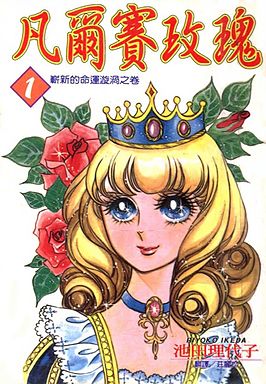Out and about in Taipei over the new year, I spotted quite a lot of Year of the Tiger couplets, some printed, some more original. Some of them even gave an insight into the political persuasion of the inhabitants.

This couplet was distributed by Taipei Mayor Ko Wen-je (柯文哲), chair of the Taiwan People’s Party, and it was one of the main rivals to the one issued by President Tsai Ing-wen and Vice President Lai Ching-te. If you’re a Ko-fen (柯粉/a fan of Ko Wen-je) or just fancy a few political discussions in your lobby with neighbours of different political stripes, you can print it yourself at the Taipei City gateway here. The Chinese word for “tiger” (虎 hu3) is a near-homonym for 「褔」 (good fortune/fu2), especially in Taiwanese-accented Mandarin (台灣國語) in which the “h” sound is often pronounced as “f”. So this couplet is a play on this, with the first two characters having the dual meaning of “tiger pouncing” and “a jump in wealth.”

President Tsai volleyed with this snazzy design 「福運旺來」 (again, good fortune also hints at its near homonym in tiger):

The couplet on the right of the doorway below reads: 「事業興旺」 (asking for success in career), while on the right panel there is another tiger couplet.

On the left panel of the door there are some quite cool examples of compound characters (合體字):
Continue reading














